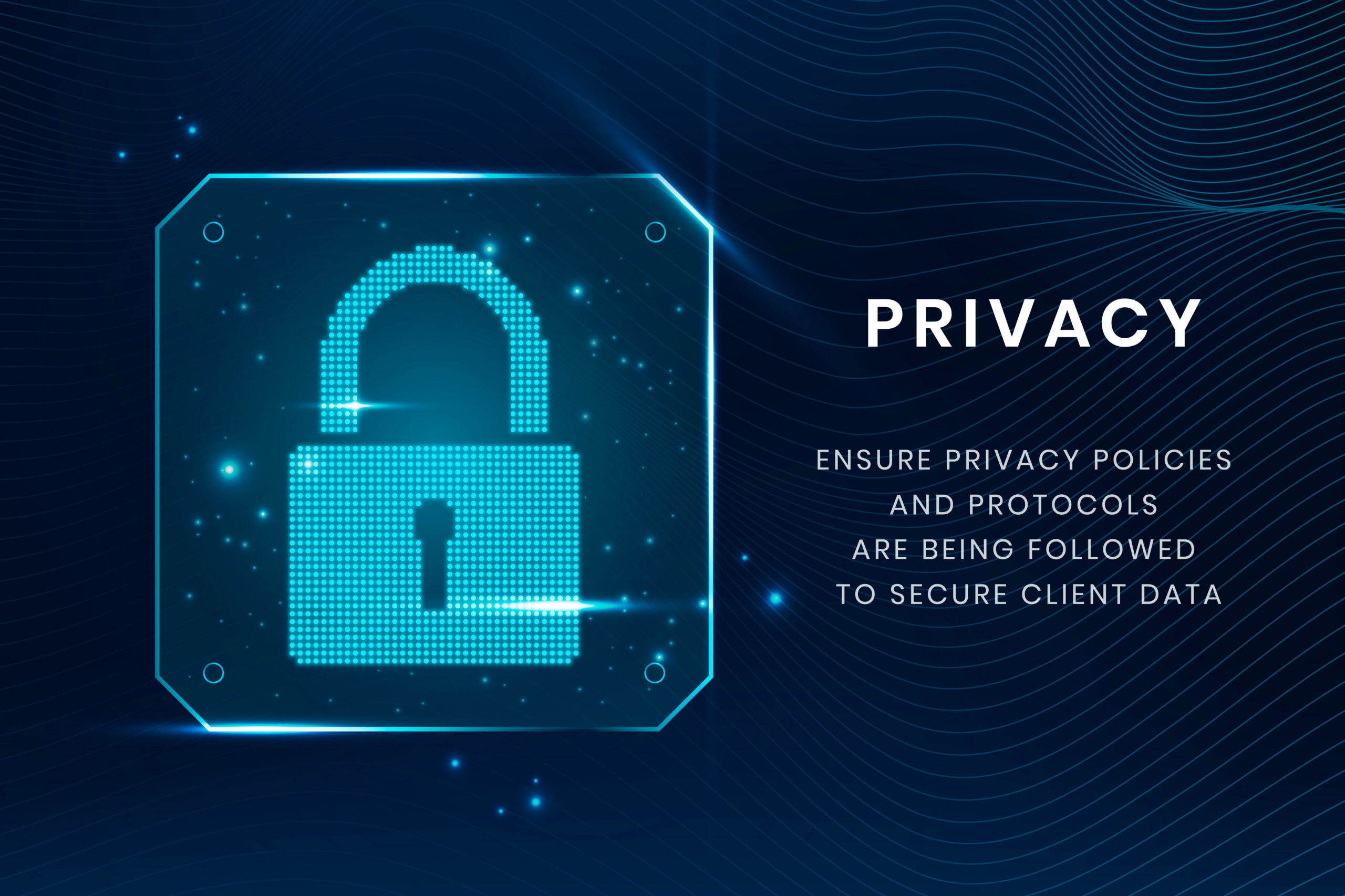Privacy on social media channels has become a matter of concern. Most users like to protect their data. Therefore, they are now thinking a lot before sharing something on social media and whom to share the information with.
Due to this mindset of the customers, social media managers, content creators and business owners have been experiencing some challenges to engage and convert customers. In various countries of the world, specific laws are being introduced for decreasing the bad impact of social media and also safeguard the privacy of users.
So, how a brand can maintain data privacy across social media platforms? Through this article, users may be able to know some of the privacy issues and what they can do to protect their data. To build trust, brands must act responsibly at the same time.
First, let’s look at the common privacy issues on the social media
If users want to stay away from privacy issues, then they need to have an understanding of the prevalent problems on different social media channels. It is all about guarding the details of the customers and eliminating crises on social media. Otherwise, the company’s reputation may be hampered.
Here are the primary privacy issues of social media
Common Privacy Issues
Data Mining
Data Mining is a method through which companies usually collect information by utilizing automated systems for the identification of patterns and trends. From websites, apps, social media and smartphones, professionals extract information. Based on the location, past purchases, content preferences and events, companies analyse people.
Raw unstructured data finds its meaning through data mining and helps to target customers. By utilizing data properly, it is possible to predict customers’ behaviour regarding future purchases also. Therefore, companies can tailor their messages accordingly.
Social media managers must utilise a method for data mining based on the law. It is also important to make sure that the data is secured at every stage of the mining and storing of the data.
Data Breach
Customer data is often compromised first when a system is hacked. Social media is the source of information. Customers give out a lot of personal information such as location, preferences, marital status and preferences on social media.
Due to data breaches, an uproar has been seen over data protection on social media. For the protection of data, it is better to go with the intrusion, detection and prevention method. If a company employs an IT team, it can help to track and handle incidents of possible breaches.
Companies coming under security threats must inform their customers immediately to stay transparent and maintain their reputation in the market. Chances of customer retention increase at the same time.
Fake Information
Social media is the best place to spread information. However, it disseminates a lot of misinformation and propaganda at the same time. Bots and trolls are quite common on Twitter and Facebook for promoting and posing as a different person. There may be inflammatory content that may incite reactions. Incidents of harassment, stalking and cyberbullying are there too.
Social media manager needs to avoid sharing fake information. It is better to use a moderator to deal with these malicious posts. Moderator tools in addition to reporting are great options too.
How Can Users Protect Their Data on social media?
For a regular social media user, it is essential to know how the data is utilized, stored and accessed by the platform and also the third party. The latter uses API for the creation of the account on external sites.
Here are the ways to protect personal information.
- Go through Privacy Policies
A proper understanding of the privacy policy is necessary to secure the personal data of the user. It is better to read the privacy policy before making an account. By accepting terms and conditions blindly, users may come across an issue later.
- Have a Strong Password
A strong and unique password is the way to go on social media. Therefore, it is better to choose a combination of the lower and upper-case letters along with special characters and numbers. By using multifactor authentication for social media accounts, it is possible to add another layer of protection.
- Fine Tune Privacy Setting
User information must be viewed and shared in the way the user like. By adjusting the settings of the social media account, the user can get the desired result. Similar to the privacy policy, a user should look at the privacy parameters at regular intervals and make changes accordingly. During app or platform updates, some changes may be made in the setting. So, the user must keep an eye on them.
- Be Mindful of Sharing
Before posting, updating and sharing content through social media, the user must know where the data will stay in a long term. Precautionary steps apply to the videos and photos too. In this way, safe curation of social media activity may happen.
Future of Social Media Privacy
Cambridge Analytica story has brought forward a lot of privacy issues related to social media. Due to this incident, big players in the market have made some changes. Still, Facebook and other social media platforms blame the users for giving them complete access to the complete set of data. However, some of the platforms educate users about sharing and posting information securely on social media. These initiatives may not be enough to stop data exposure that is beyond capacity.
In conclusion, social media privacy is a matter that requires the full attention of the users. If users have complete control over their data, they may be able to express their thoughts more openly. Social media users can increase their privacy by determining what and whom to share the information with.
 500+ Customers from
500+ Customers from  500+ Customers from
500+ Customers from 

